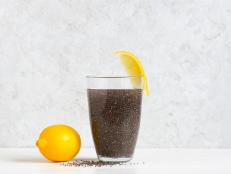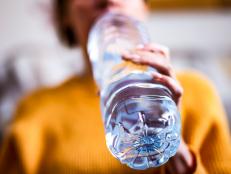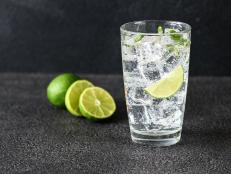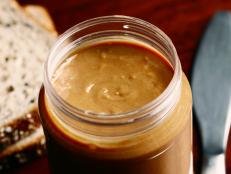Should You Drink Bottled Water or Tap Water?
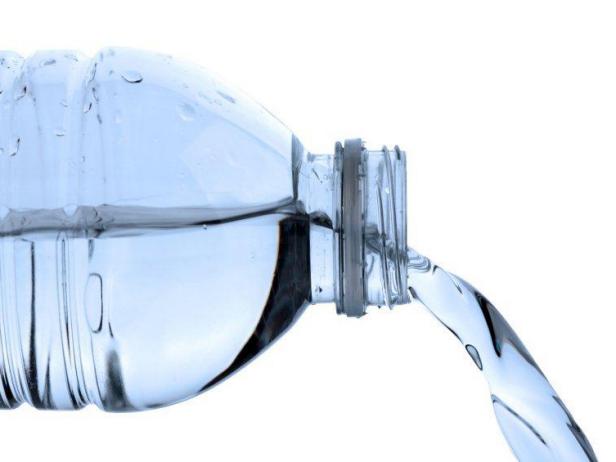
It’s the battle over water! Should you be dropping cash on bottled versions or is tap the way to go? We’re diving into this controversy and sprinkling you with all the facts.
There are different varieties of bottled water, depending on their source. Here is a rundown:
- Mineral water comes from an underground source and contains a certain amount of minerals and trace element like copper, zinc, and arsenic.
- Spring water is collected from a spring that flows naturally through the surface.
- Municipal water comes from a public source that is usually treated before it’s bottled. You may see it labeled as “purified water."
Having bottled water available when you’re on the go is convenient and less messy (many reusable bottles leak), but recent studies conducted will make any bottle-loving person a skeptic.
According to a 2008 investigation conducted by the Environmental Working Group (EWG), a variety of contaminants were found in every tested brand of bottled water. Although tap water is typically tested annually, bottled water doesn’t have to meet the same testing standards and they don’t have to disclose results of any contaminant testing conducted. After conducting this research, the EWG concluded that the “purity of bottled water cannot be trusted…[and] consumer confidence in the purity of bottled water is simply not justified.”
Also, bottled water has a larger carbon footprint than tap water and doesn’t contain any of the added nutrients found in tap water (like fluoride)—though you can find bottled water that has been fortified with fluoride. the problem is, over-consumption of fluoridated water can lead to fluorosis which causes a brownish discoloration on the teeth. It also costs thousands of times more than tap water.
According to the Environmental Protection Agency (EPA), the U.S. has one of the safest sources of drinking water. In 1974, Congress passed the Safe Drinking Water Act to protect the public by regulating the water supply and protecting its sources. The 3-step process to ensure clean water includes removal of dirt and other particles, filtration to remove clay or natural organic matter, and treatment with chlorine, chlorinates or chlorine dioxides. By law, water suppliers must inform you within 24 hours if your water has become contaminated.
Tap water usually contains a variety of healthy minerals like calcium and magnesium since it travels through rock formations. Fluoride is added to most sources of tap water since the mineral isn’t found in many food sources. It’s beneficial for healthy teeth and bones.
Tap water can also pick up pesticides which have been washed into streams and rivers. Chlorine is added to tap water to help disinfect it, but it can react with fallen leaves to form a toxic byproduct. Even your own pipes can contaminate tap water with lead. The government does test the water regularly to ensure safety. Check the EPA website to find out about your local drinking water.
Those with a low immune systems like transplant recipients, those with HIV/AIDS or undergoing chemo, pregnant women, older adults, children and infants are more sensitive to any issues with the tap water. They’re advised to filter their tap water or to choose bottled versions.
Bottom Line: Don’t be fooled into thinking that bottled water is cleaner or more pure than the good old tap. If you have clean tap water, then save your money and go for it. Bottled water is good for times when you’re in a pinch.
You Might Also Like:
Toby Amidor, MS, RD, CDN, is a registered dietitian and consultant who specializes in food safety and culinary nutrition. See Toby's full bio »


























